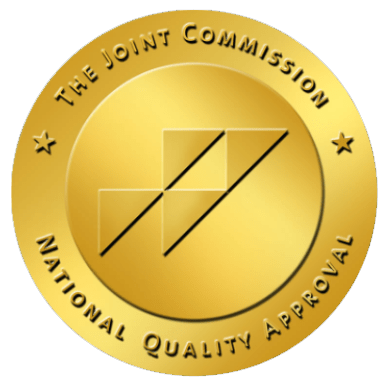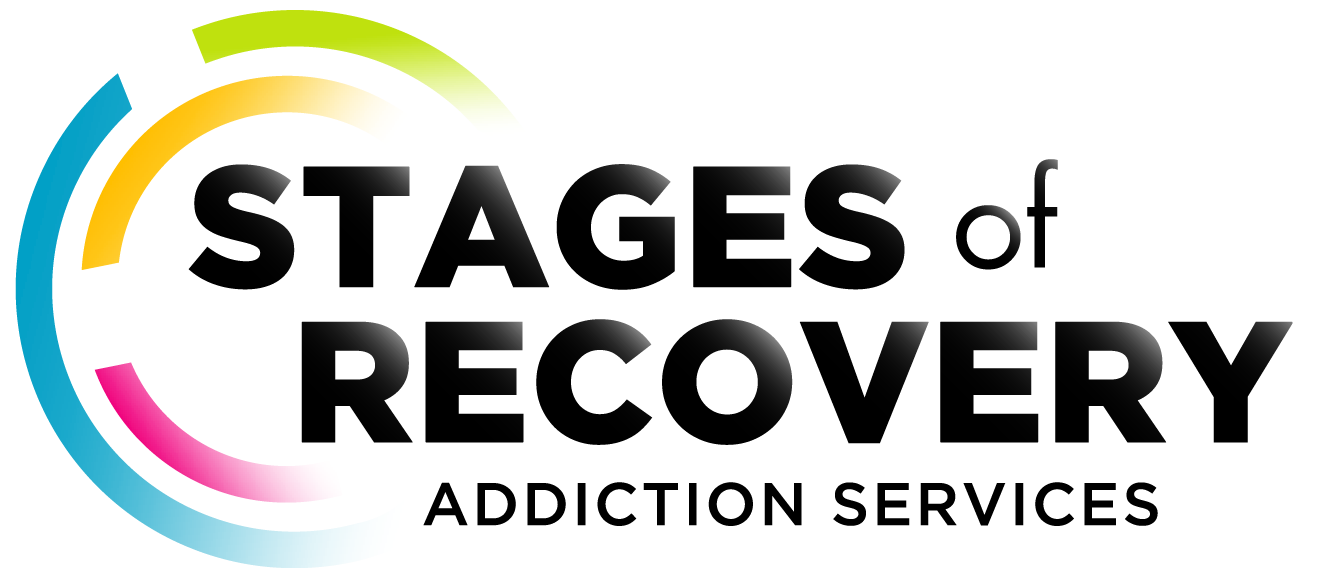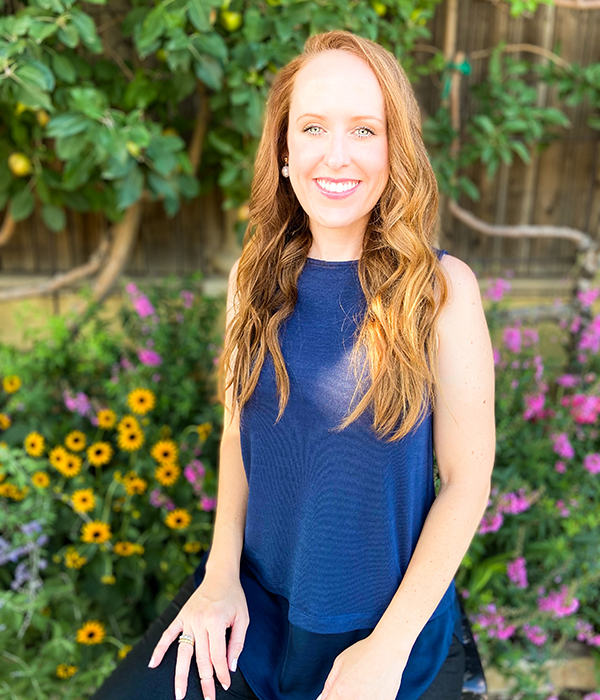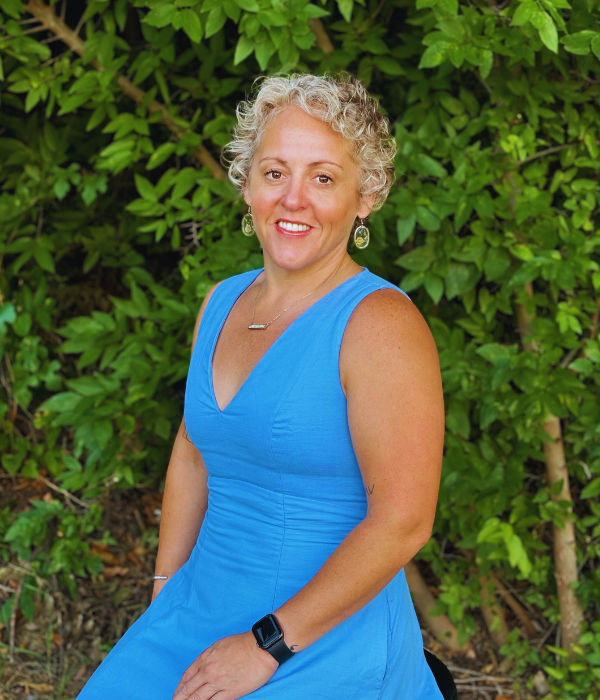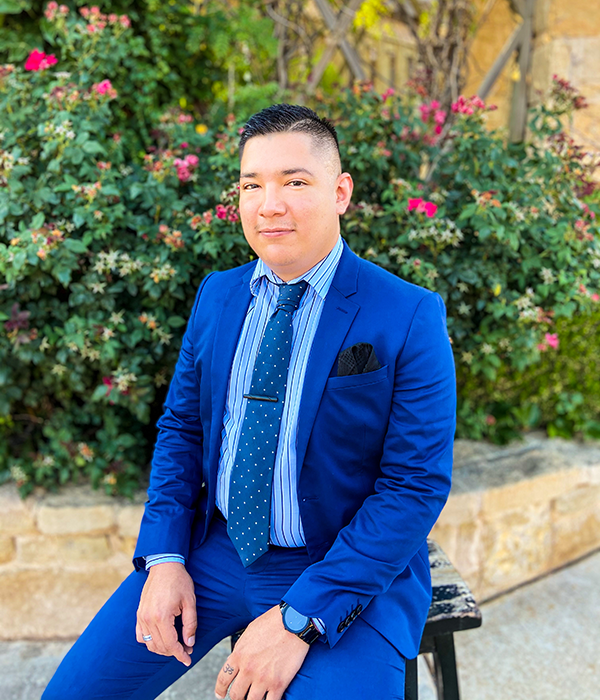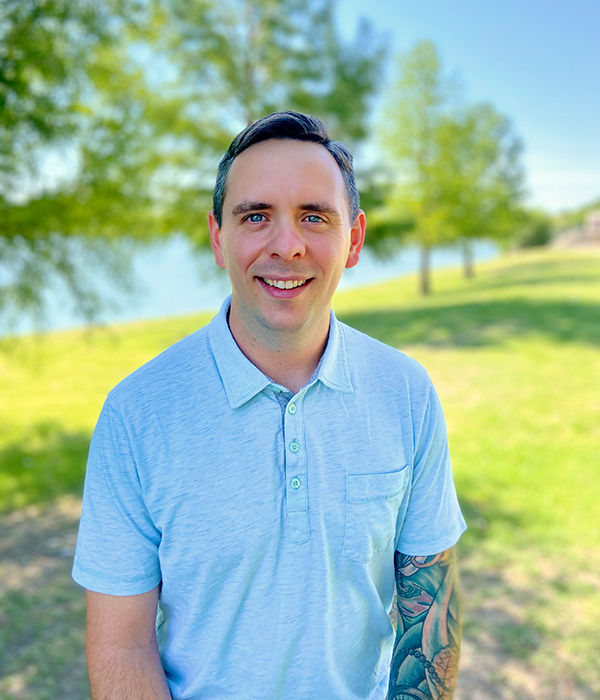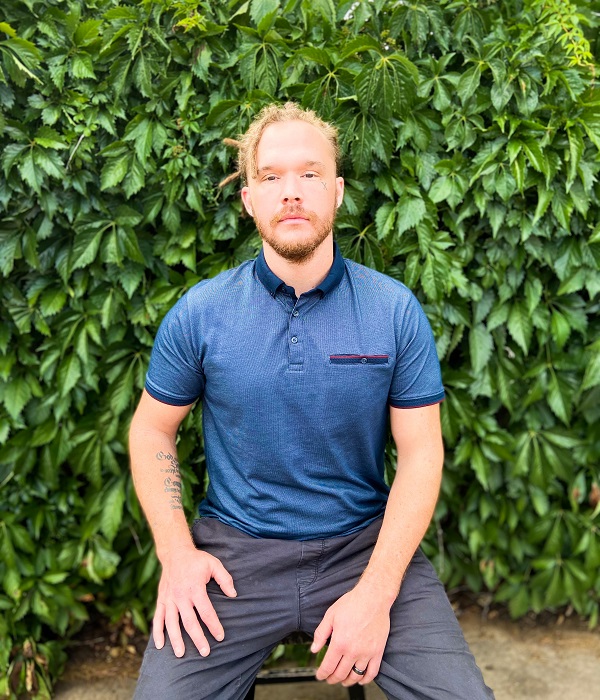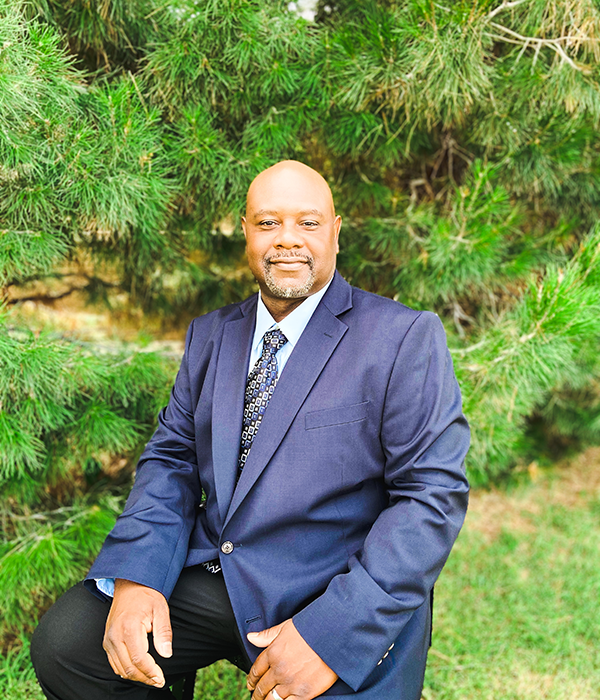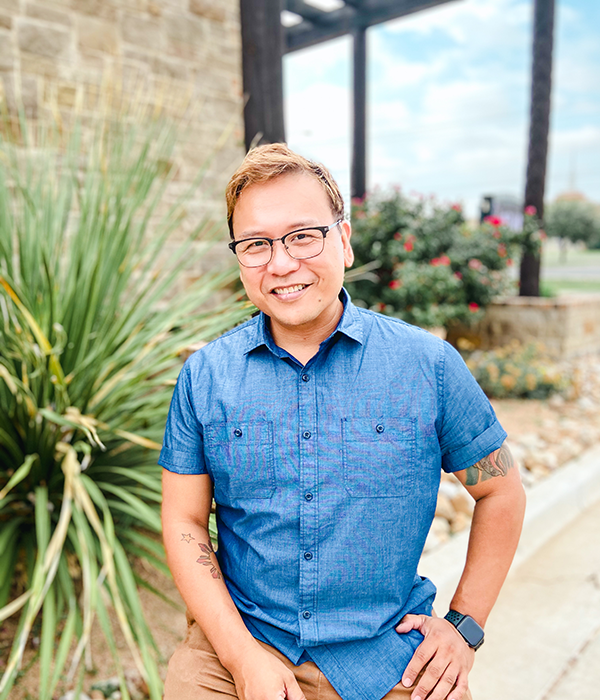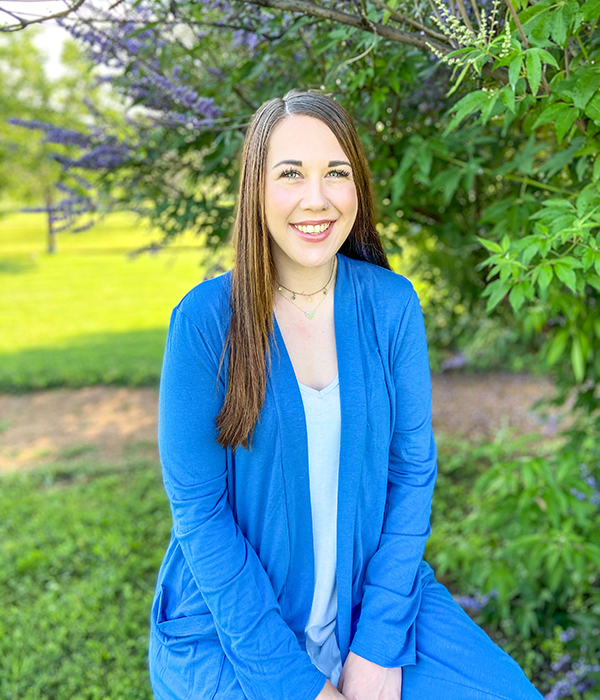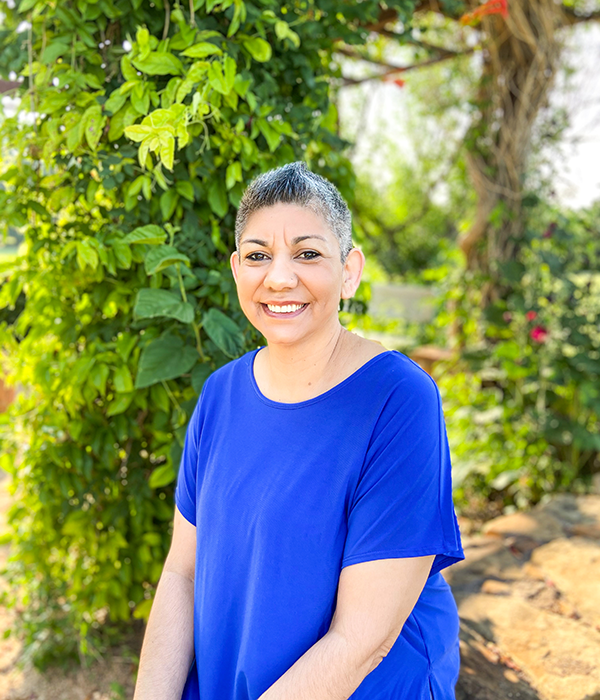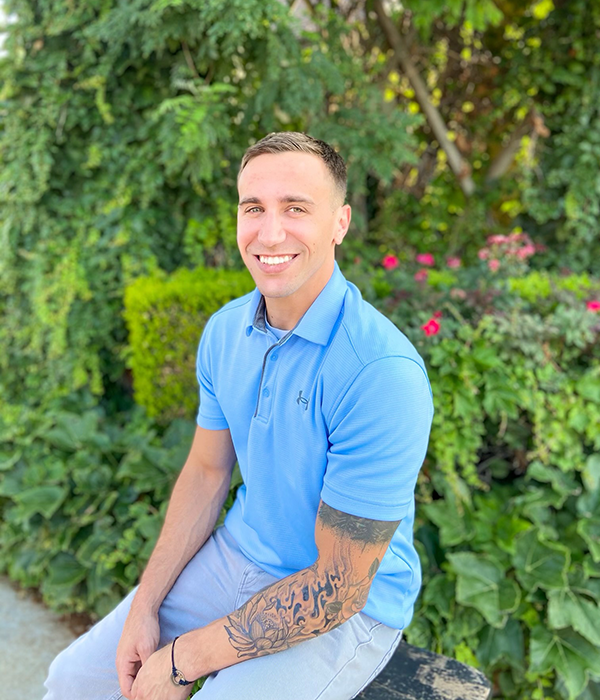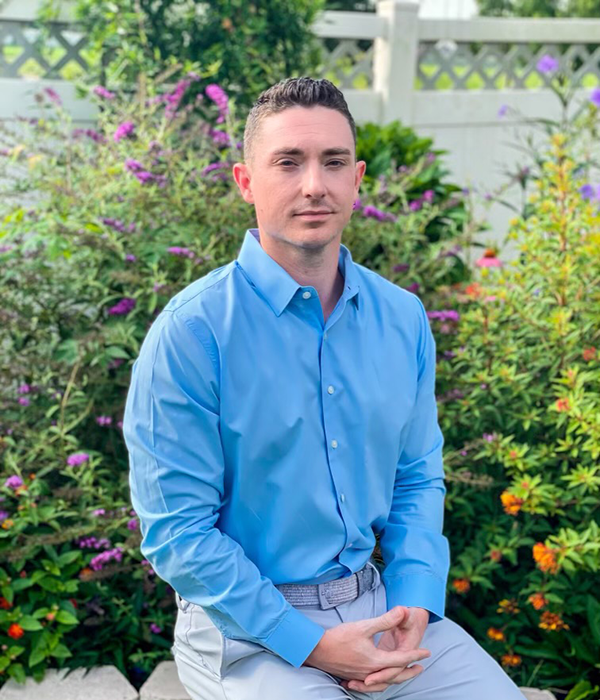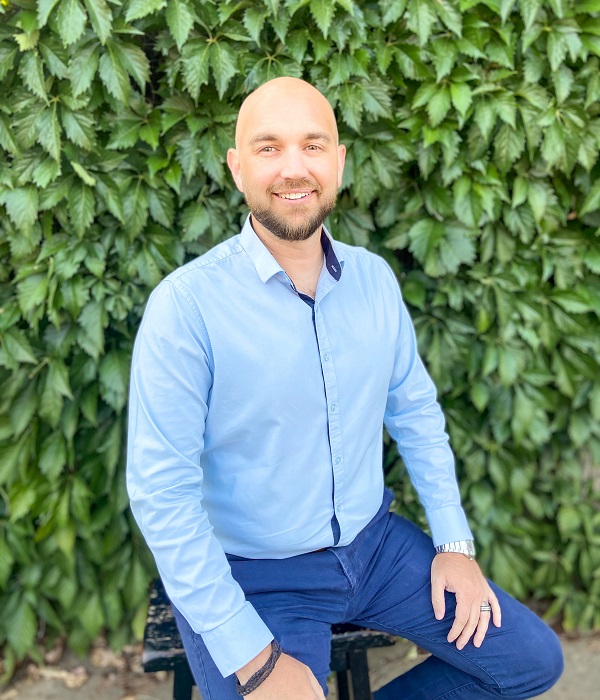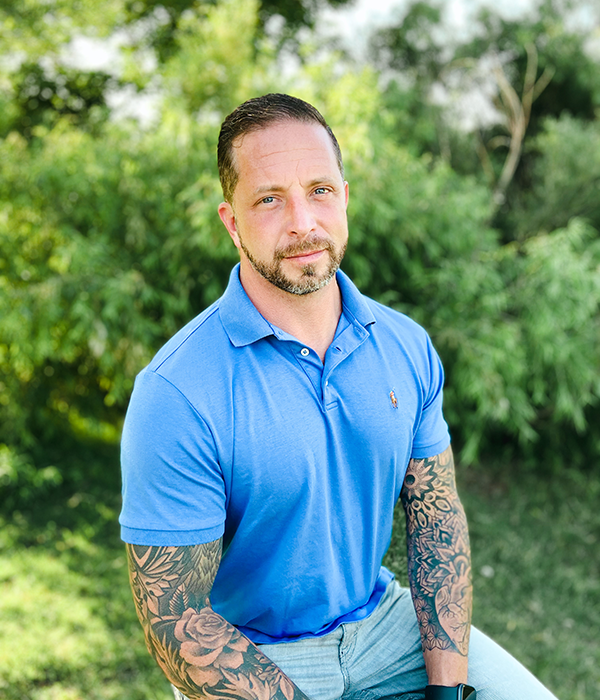Individuals who struggle with addiction often look for people or circumstances to blame for their situation. Active addiction requires denial of a problem and lack of complete accountability. Therefore, those who are active in the disease typically deny personal responsibility and blame family—dysfunctional or not—spouses or significant others, work or lack thereof, stress, etc., for their substance abuse.
Of course, any good treatment counselor will challenge the idea that factors outside an individual’s control force them to use and abuse substances. In fact, individuals in recovery are typically well-versed in the concept of internal locus of control—the notion that each person is in control of their own behaviors and choices regardless of external factors or circumstances. Yet, there is some validity to the suggestion that parenting plays a significant role in active addiction, and it’s a truth that may be hard to swallow.
Parenting is a challenge regardless of circumstance. However, when your kid is an addict, the parent role can become a confusing one. It is difficult to know what to do, how to help or if you can assist in any way at all. Of course, there’s also the potential to question whether mistakes or lapses in parenting were to blame for the onset of the disease in the first place.
With regard to the latter, the answer is a resounding no. Though accountability is a character trait everyone should possess, there is never a reason nor is it healthy to be over-responsible—accepting accountability for personal behaviors and for the choices of others as well. Every individual, including parents, has free will and therefore possesses the ability to choose their actions and reactions in any given circumstance.
However, parents often make one drastic error which can contribute to the onset of substance abuse, active addiction and certainly enable the progression of the disease. In simple terms and according to Dr. Carl Andersen, Founder of the Center for the Study of Addiction & Recovery at Texas Tech University, this potentially fatal mistake is known as the perversion of parenting—the idea that a parent’s job is to raise a happy child. Ideally and conversely, a parent’s task is to launch a healthy adult; a distinction which becomes quite clear in the face of active addiction.
When parents confuse their role and seek to keep their children happy, they do not set needed boundaries, impose necessary structure, hold their kids accountable by enforcing rules, providing consequences or following through with verbal contracts regarding negative choices and resulting repercussions. Therefore, these parents deny their children the ability to grow, gain emotional maturity, learn and master interpersonal relationship and life skills and acquire personal responsibility. Additionally, this passive or lenient style of parenting teaches entitlement, developmentally stunts and emotionally handicaps kids. The resulting lack of ability to appropriately cope with the ebb and flow of life can easily lead to negative reactions and self-sabotaging behaviors including but not limited to substance abuse.
As substance abuse progresses into the disease of addiction, these resulting character flaws advance accordingly as well. Manipulation, victimization, distortion, denial of accountability, blame, etc., all become amplified and utilized as means of defending and perpetuating the disease. Unfortunately and all too often, parents continue striving to return their child to a happy state by submitting to their will and supplying wants and necessities—clothing, shelter, food and money.
The latter prevents negative consequences from occurring often enough or lasting the duration needed to provide the active addict with a desperate desire to change. In other words, these parents offer the safety net which catches their addicted kids just prior to hitting rock bottom—the place active addicts need to be in order to contemplate the need for professional help. And, sadly, this cycle of rescue and repeat has devastating effects on the parents and ultimately results in the active addict’s demise.
In this way, it is quite possible for parents to literally love their kids to death. As such, it is vital for parents—especially those with kids in active addiction or recovery—to constantly remind themselves of their sole task; to launch a healthy adult. This requires they teach their children personal boundaries, cause and effect, accountability, communication, conflict resolution and other interpersonal and life skills without regard for the child’s happiness or gaining popularity as a parent. Additionally, focusing on this task will prevent codependency and ensure the distinction between love, enabling and ultimately life and death.
